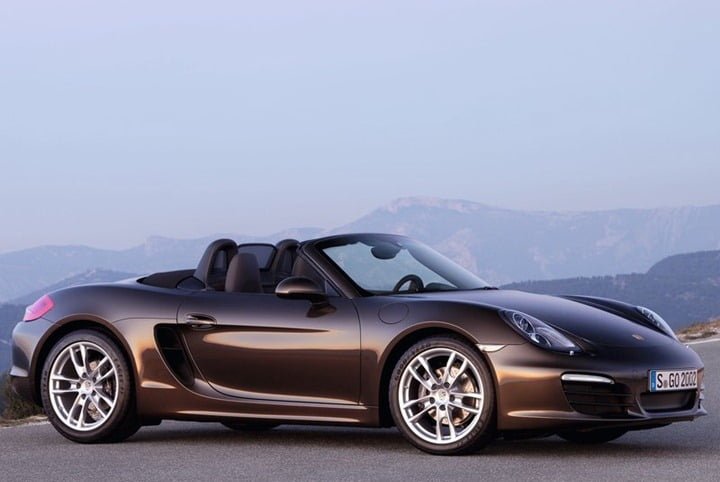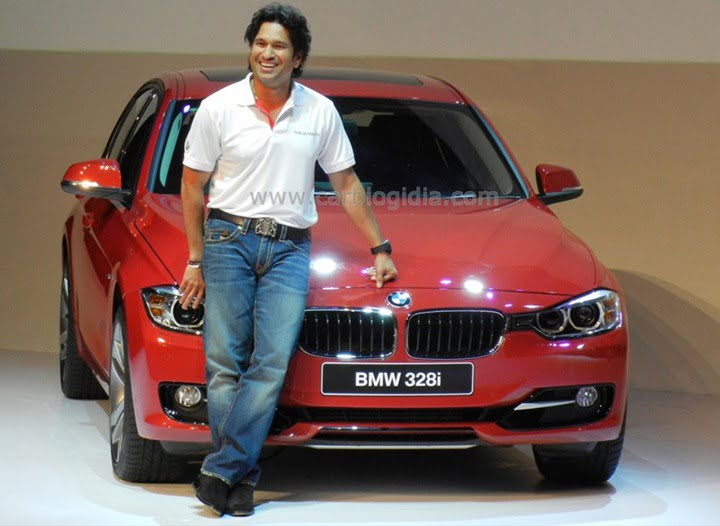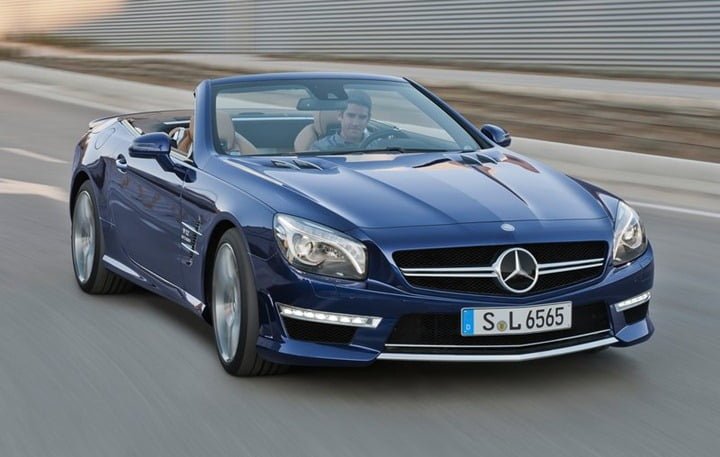Last year in February we reported that the Indian government is in talks with the European Union proposing a Free Trade Agreement (FTA) wherein a 40 % cut in the duty imposed on imported European cars such as BMW, Porsche etc. will be there. The proposal was to benefit both the Indian and European cars but unfortunately it has not been passed yet.
Now once again it is in news that the respective unions are considering the Free Trade Agreement that will make products of imported brands such as BMW, Mercedes-Benz, Volkswagen, Porsche, Peugeot, Ferrari, drastically cheaper. The current imposed duty of 60 % will reduce to a mere 10 %, once the agreement is signed. For example the recently launched 2012 BMW 3 Series sedan priced at Rs. 28.9 lakh will then be available for under Rs. 20 lakh if the FTA goes through. Impressive enough?
Although the 10 % import duty agreement is being negotiated between the two sides, it will be valid on a fixed quota of cars only. India is considering allowing imports of 2.5 lakh car with 10 % import duty. The imports will be spread over five years with 40,000 units to be imported in the first year and gradually increasing the total number by 5,000 each year.
“We may bring down tariff to a low level of 10% for a fixed quota of cars every year for five years. We think our industry can deal with this,” a government official said.
Beside this, New Delhi state government could also reduce the the 60 % duty to 30 % for luxury cars falling outside this quota, once the India EU Free Trade Agreement is implemented.
For a buyer this news is definitely to look forward to but from the automobile industry point of view, it is not. The agreement is less likely to get passed firstly because of the fact that it will unfair to the Japanese, Korean and U.S. carmakers. And secondly because according to Society of Indian Automobile Manufacturers (SIAM) European car makers would prefer importing cars as CBU (completely built units) rather than setting up facilities, which means that jobs, investment and revenues will be affected. Let us wait and watch what happens next. Do stay tuned to Car Blog India for more updates on the same.




